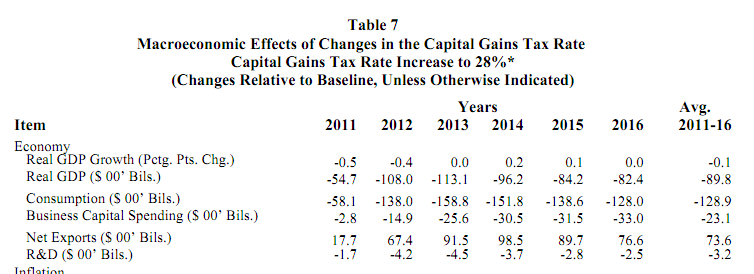Listen to Chuck…
Charles Schwab’s Wall Street Journal oped today highlights the negative impact that uncertainty has on investment. The ACCF has been making this very case for years. The business community continues to face uncertainty on an unusually large number of fronts. For example, the implementation of health care, financial reform legislation and the unknown cost of complying with various EPA regulations all add complexity to business plans for hiring and investment. In fact, gross private domestic investment was down by $345 billion in the second quarter of 2011, relative to the fourth quarter of 2007. Recent historical data show that each $1 billion dollar decrease in investment is associated with a loss of 15,500 jobs in the U.S and vice versa. Weakness in European markets and uncertainty about how the EU will handle the countries unable to meet their debt obligations is a further source of uncertainty; one quarter of U.S. exports currently go to Europe. See my February 2011 testimony for the House Committee on Energy and Commerce on the impact of the uncertainty stemming from EPA’s greenhouse gas regulations on U.S. investment and job growth.









